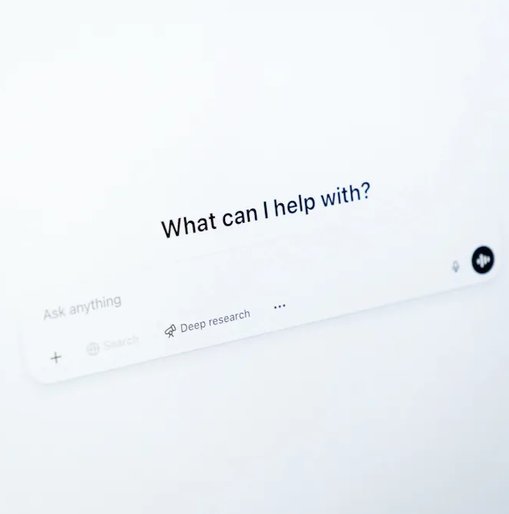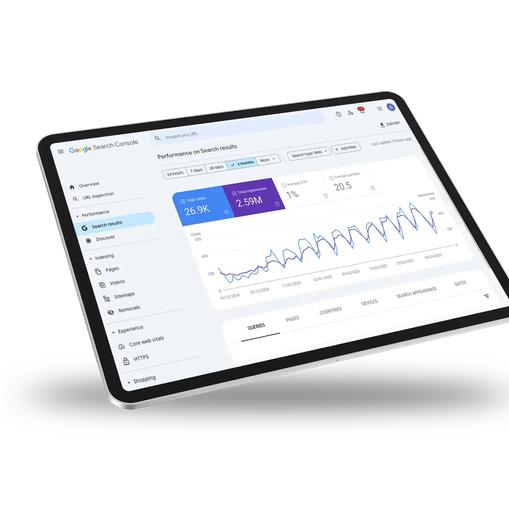The Evolving Role of SEO Beyond Search Engines

When we talk about SEO, most people think of one thing: Google rankings. But in today’s digital landscape, SEO isn’t just about climbing search engine results. It’s about visibility, trust, and discoverability everywhere your audience spends time. And these days, that’s not limited to one search box.
SEO is evolving into something bigger and far more impactful.
Let’s dig into what modern SEO really means, and why it matters now more than ever.
SEO is about being found, not just ranking
Sure, people still use Google (and Bing… and maybe even DuckDuckGo). But think about how often you search within other platforms… YouTube. Instagram. LinkedIn. Even your favourite podcast app.
More and more, users are turning to social media, forums, and niche platforms to find what they need – whether that’s answers, inspiration, or solutions. And guess what? SEO is just as important there too.
Modern SEO includes:
- Optimising video titles and transcripts for YouTube
- Using alt text and hashtags on Instagram
- Crafting keyword-rich descriptions for podcast episodes
- Structuring your LinkedIn articles with H1s, H2s and keyword relevance
The principles of SEO – clarity, relevance, structure – now apply across the digital world.
Discoverability isn’t just about search bots, it’s about real people
At its core, SEO has always been about understanding what people are looking for and helping them find it. That hasn’t changed, but the way they search has.
People are:
- Asking questions in Facebook groups
- Searching TikTok for “how-to” videos
- Using voice assistants for local info
- Clicking through related content on YouTube
If your content isn’t optimised for these moments of discovery, you’re missing valuable opportunities to connect.
Great UX = great SEO
User experience (UX) is no longer just a design concern. It’s one of the most important elements of discoverability.
Search engines (and social algorithms) prioritise:
- Speed and mobile performance
- Accessibility and readability
- Low bounce rates and longer engagement
That means if your website is clunky, your content hard to digest, or your donation form frustrating to use, you’re not just losing visitors, you’re losing discoverability.
Top tip: SEO and UX now work hand-in-hand. If you’re thinking about one, you should be thinking about the other.
Structured data = smarter results
You’ve seen it before: search results with star ratings, FAQs, events, or donation buttons baked right in. That’s not magic, it’s structured data, a.k.a. schema markup.
This is what helps search engines (and increasingly, social platforms) understand the context of your content, not just the keywords.
For charities and ethical organisations, structured data can help:
- Highlight impact stories or case studies
- Promote upcoming events
- Improve visibility for fundraising or donation pages
- Show credibility and trust signals
And the good news? It’s not as complicated as it sounds (and we can help.)
SEO is a trust signal
We often think of SEO as a visibility tool, but it’s also a credibility tool.
When people see your content consistently appearing in helpful, relevant places – on Google, on social, on newsfeeds – it builds familiarity. Familiarity builds trust. And trust builds action.
Whether that’s a donation, a signup, or a share, it all starts with showing up in the right place, in the right way.
Final thoughts: think beyond the search box
SEO is no longer confined to Google rankings and keyword density. It’s a holistic approach to being found – wherever your audiences are searching, scrolling, or exploring.
For organisations doing important work, that means showing up not just on page one, but in hearts, minds, and mission-aligned spaces.
Next on your reading list
Big ideas, bold insights, and top tech tips to make a Giant impact
Want to future-proof your SEO strategy?
We help charities and ethical organisations expand their visibility beyond search engines, using SEO as a tool for connection, credibility, and impact.
Let's chat about how we can help




